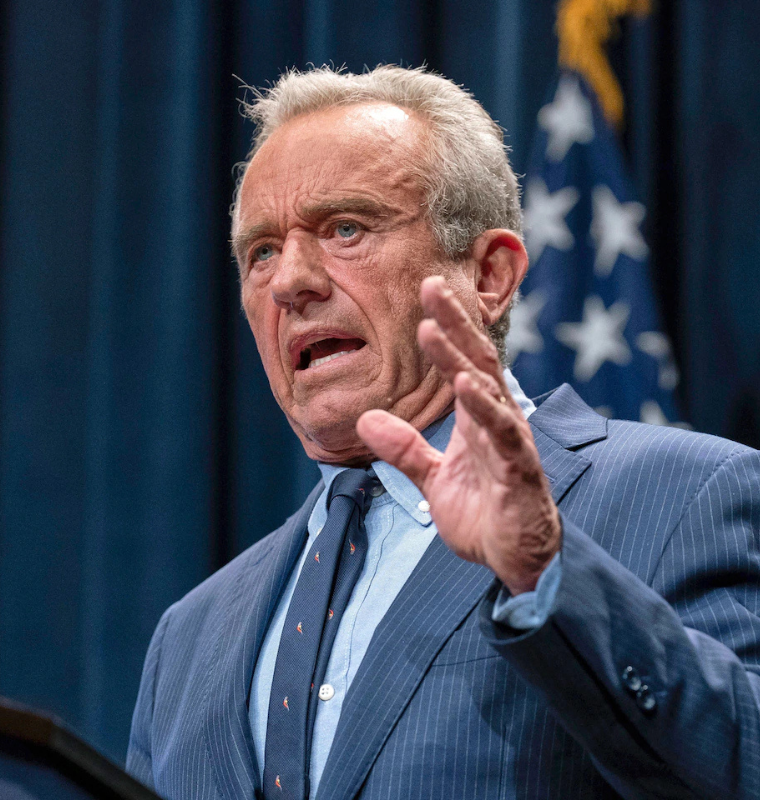Williams-Sonoma CEO on Tackling Tariff Pressures: “Resilience and Adaptability Are Key”
Williams-Sonoma CEO on Tackling Tariff Pressures: “Resilience and Adaptability Are Key”
By
David Goldfarb
Last updated:
May 23, 2025
First Published:
August 3, 2025

Photo: CNBC
Williams-Sonoma Navigates Tariff Challenges with Domestic Manufacturing and Sourcing Flexibility
Williams-Sonoma, the high-end home goods retailer behind brands like Pottery Barn, West Elm, and Rejuvenation, is leaning hard on operational flexibility and domestic production as it faces mounting pressures from the U.S. tariff environment. Speaking on CNBC following the company’s latest earnings release, CEO Laura Alber emphasized the strategic shifts the company has made to buffer against rising costs.
“We’ve been busy,” Alber said. “The key is to stay agile—and to always have multiple sourcing alternatives, especially for our major programs.”
Earnings Beat But Margin Miss
In its most recent quarterly report, Williams-Sonoma exceeded Wall Street expectations on both earnings and revenue, signaling strong consumer demand and effective execution.
- EPS (Earnings Per Share): Surpassed estimates by 6%
- Revenue: Beat consensus by 3.5%, reaching approximately $2.2 billion
- However, the company missed gross margin forecasts, which led to a 4.48% decline in share price after the report.
Alber addressed the margin dip, attributing much of the pressure to tariff-related costs stemming from the ongoing effects of policies initiated during President Donald Trump’s administration.
Mitigating Tariff Impact: A Multi-Pronged Strategy
Williams-Sonoma isn’t waiting idly for global trade tensions to ease. The company has proactively expanded its domestic manufacturing capabilities, especially in key product categories like upholstered furniture. Alber noted that the company’s Rejuvenation brand—which she called their “fastest-growing small brand”—manufactures most of its products in Oregon, highlighting a growing investment in U.S. production.
“Rejuvenation plays a big part in our strategy to insulate the business from global volatility,” Alber said. “It’s a beautiful example of what local manufacturing can look like.”
The company is also evaluating broader U.S. manufacturing opportunities for other brands under its umbrella, reflecting a long-term commitment to supply chain resilience.
Strength in Structure: A Durable Operating Model
Despite cost headwinds, Williams-Sonoma maintained its flat operating margin guidance for the year, a noteworthy accomplishment given the economic climate.
Alber attributes this to the company’s robust business model:
- A multichannel platform spanning e-commerce, retail, and catalogs
- A vertically integrated sourcing model allowing direct relationships with vendors
- Consistent digital innovation and supply chain control
“From 2019 to now, we’ve more than doubled our operating margin,” Alber said. “Even with tariffs weighing on costs, we’re holding steady. That shows the power of our model.”
Looking Ahead
Williams-Sonoma's strategic focus on domestic production and sourcing diversification positions it well to face continued geopolitical and economic uncertainty. As global trade policies evolve, the retailer appears committed to steering through challenges with agility and long-term planning.
While tariffs continue to squeeze margins across the retail industry, Williams-Sonoma’s proactive approach—grounded in local production and operational flexibility—offers a blueprint for resilience in a high-pressure economic environment.
Popular articles
Subscribe to unlock premium content
Gourmet Gold: Micro-Venture Funds and Europe’s Artisan Food Revolution

Artificial Elegance in Fashion

Ferrari’s Craft of Desire

Gourmet Gold: Micro-Venture Funds and Europe’s Artisan Food Revolution

Artificial Elegance in Fashion

Gourmet Gold: Micro-Venture Funds and Europe’s Artisan Food Revolution









